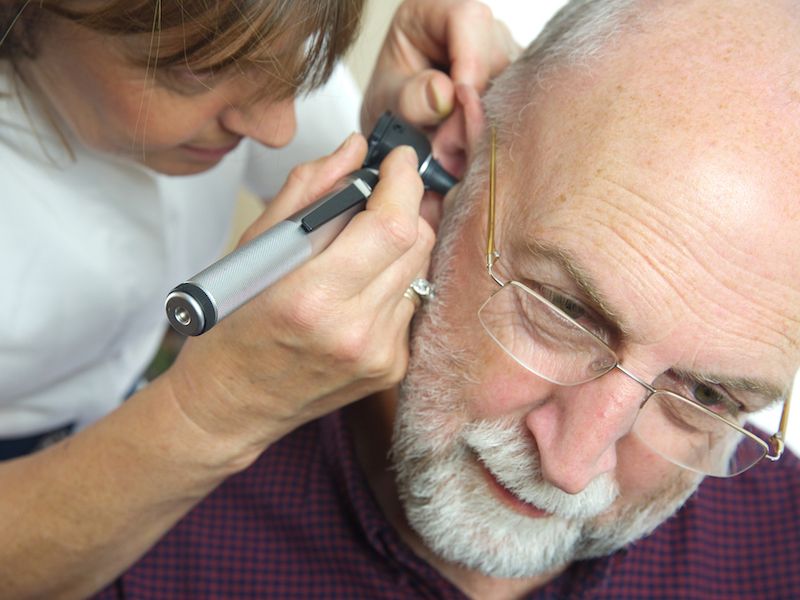
If you own glasses, you know you should still visit your eye doctor once a year, right? Due to the fact that, in time, your eyes can change. Your eyes and everything else in your body are dynamic not static and this includes your ears. That’s the reason why even once you get hearing aids, you should continue getting your ears tested just like you do with your eyes.
Unfortunately, many people miss those regular checkups. Maybe they’ve been consumed with making the most of their lives to get back in to see the doctor. Or perhaps work has been difficult recently. Or it’s possible you’ve simply been so happy with your hearing aids that you haven’t had a reason to go back in. That seems like it should be a positive thing, right?
Over time, for people suffering from hearing impairment, it is even more important to have even one follow-up appointment. Even in the face of that, ongoing attention is often ignored. According to one survey, only 33% of seniors with hearing aids also used regular hearing services.
After You Have Hearing Aids, Why Should You Require to Get Normal Checkups?
Your hearing is dynamic. Over time it changes. It’s important to modify the hearing aids to resolve those changes. Concerns can be recognized early and your hearing aids can be tweaked accordingly.
It may be a good plan to have frequent checkups for other reasons too. Some of the most common reasons to assure you make it to your next examination consist of:
- Hearing degeneration: Even with a hearing aid, your hearing may keep degenerating. If this degeneration is happening over a long period of time, you most likely won’t realize it’s occurring without the aid of a hearing test. Appropriate alterations to your hearing aids can often slow hearing declines.
- Calibrating Hearing Aids: There might be need for yearly adjustment of your hearing aids based on minute changes in your hearing despite the stability of your general hearing. Without this calibration, your hearing aids may slowly become less effective.
It’s essential to have your hearing aids cleaned professionally now and again as well as monitoring changes in your hearing. We can clean all the small parts and keep your hearing in top notch conditions and make sure it’s working at peak performance.
The Danger of Not Following up With Regular Check-Ups
If you get frustrated with your hearing aids, say because they don’t work the way you expected them to, you may just stop wearing them and that wouldn’t be good. Wearing hearing aids helps you hear better, of course, but it also affects your general health. If you discontinue using your hearing aids, not only can your hearing deteriorate faster, you might not recognize it right away. Untreated loss of hearing has been connected to several health concerns including cognitive decline and increased chance of accidents.
In terms of having your hearing aids working at an ideal level, normal exams are your best bet. Annual hearing exams or screenings can help you make sure your hearing aids are functioning in the way they should and that your hearing remains protected. So schedule your hearing examination right away.